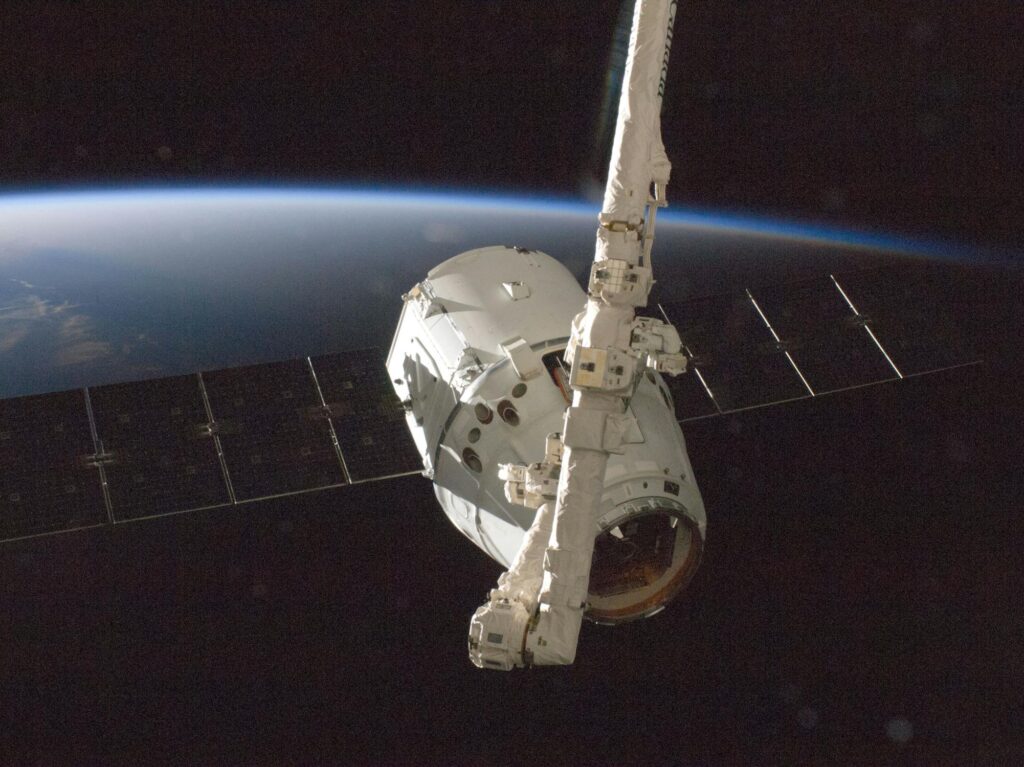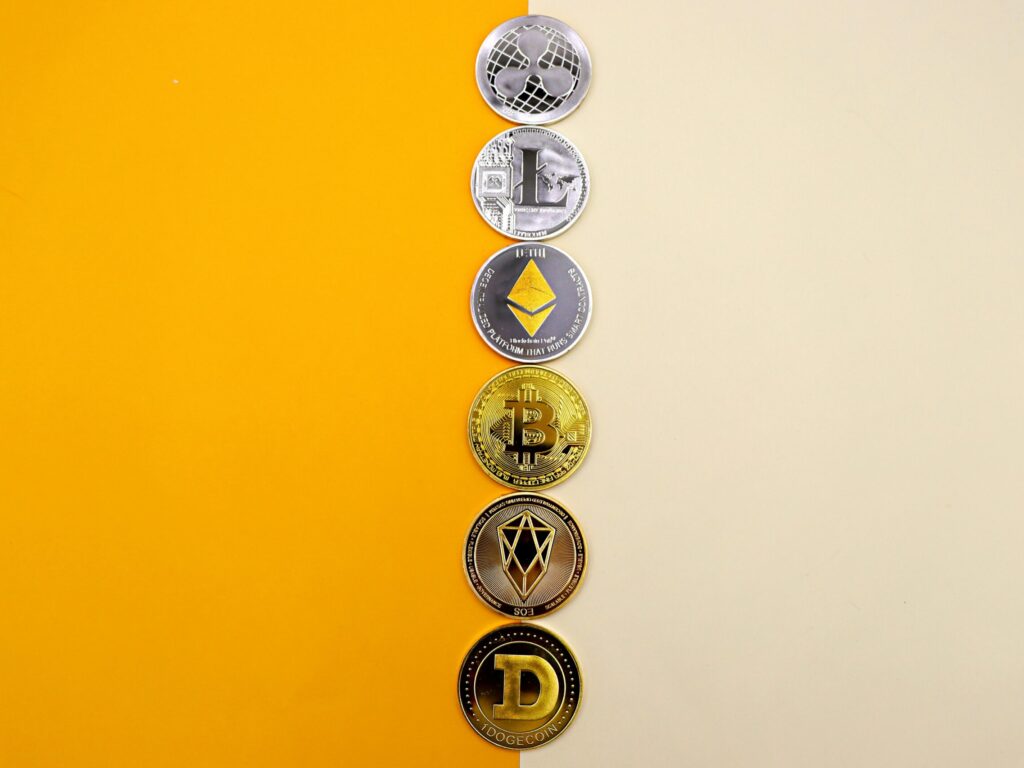From the Editor

Dear VCE readers,
Engineers are tasked with finding solutions and conceiving new means of interacting with the world. Embedded within these tasks is an inherent responsibility for engineers to consider the ripple effects of their work, and, depending on how an engineer decides to embrace this responsibility, that work may inspire societal growth or instill deeper divides.
So, as we navigate the intricate landscape of technological advancements and innovation, the importance of ethical decision-making continues to be paramount. Shaping the moral fabric of society is often accomplished through meaningful conversations where ethicality and accountability are upheld as key principles. With these reflections, I am pleased to introduce the work of five authors whose words embody such principles. Volume 7 Issue 2 is a collection of thoughtful critiques from USC engineering students who recognize the significance of the tasks engineers choose to accept and the ways these ventures affect our world.
This issue begins outside Earth’s atmosphere, where technological advancement exceeds the pace at which legislation and mainstream ethical dialogues adapt. Rachel Pak and Anisha Palaparthi tackle space from two important angles. Pak authored an informative piece that questions the ethicality of satellite surveillance technology. She dives into the dangers to personal privacy and national security that this rapidly evolving technology poses and deems current earth-bound legislation insufficient to regulate them. Pak declares that the best path forward is to implore engineers to operate within ethical boundaries when developing these satellites. Palaparthi discusses the ethical concerns of the private space race, where private companies have begun transitioning to new ideologies. Once viewed as a way to improve life on Earth, space travel is being restructured by private companies that wish to create independent economic models upon which they can capitalize. Palaparthi centers her discussion on the monetary incentives for private space travel and calls on engineers to consider the ethics of the technology they are asked to build.
Back on Earth, digital technologies remain at the forefront of many ethical concerns as they increasingly interleave our day-to-day lives. Mary Karapetyan dives into the digital dilemma of data sharing by highlighting the privacy concerns that users face. Through a qualitative analysis of data ethics, Karapetyan discusses the importance of corporate accountability and users’ rights while reminding the reader of what is at stake. On the heels of cryptocurrency’s latest resurgence, Simon Lewis provides the reader with an in-depth history of crypto technology while critiquing its development and usage through ethical frameworks. He highlights the environmental, societal, and financial damages stemming from this critically underregulated industry, concluding that it is non-inclusive, harmful, and in need of significant reform. Finally, Navneeth Suresh reminds readers that entertainment technology can be untrustworthy, often capitalizing on its ability to influence users. Suresh discusses the world of freemium gaming – an ethically ambiguous landscape of free-to-play video games that entice players to spend real-world money. By introducing various freemium game models, Suresh dissects the often predatory techniques game developers employ and assesses their ethicality.
As emerging engineers, Viterbi students recognize the far-reaching impact their work will have on society. Whether developing technology that will orbit our world or simply bring us some respite inside of it, every decision we make counts. So, as Editor-in-Chief, I am proud to present the five thoughtful, resolute voices of this issue. I hope they will inspire brave new perspectives for our readers.
Jackie Finnemeyer, VCE Editor-in-Chief





